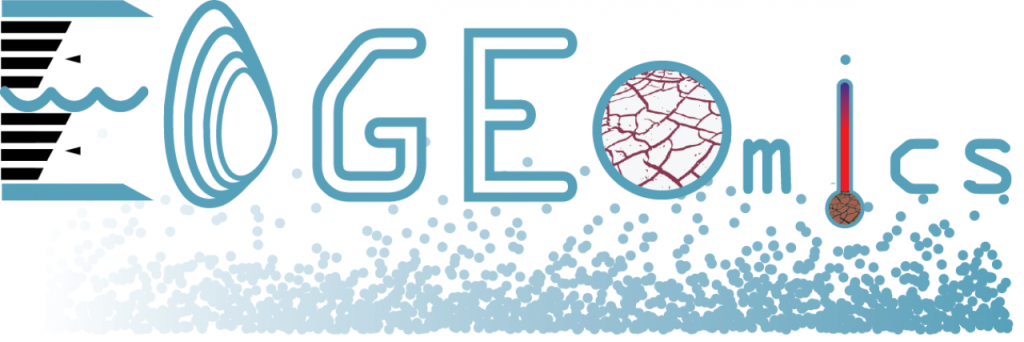Optimization of fish growth and feed efficiency are major goals in aquaculture. As growth is dependent on feed intake, understanding feed intake regulation is of paramount importance for developing nutritional strategies to improve fish performance. This is even more important when using plant-feedstuffs-based diets, whose nutritional value is compromised by the presence of non-starch polysaccharides which are not digested by fish, affecting feed intake and consequently fish performance. Diet composition may also affect gut microbiota, which is able to utilize the non-starch polysaccharides, and it has already been shown that gut microbiota is involved in appetite regulation.
This proposal aims to increase knowledge on appetite regulation in fish, focusing on the microbiota-gut-brain axis, using as a model gilthead seabream (Sparus aurata) a relevant marine aquaculture species, with the ultimate objective of developing strategies to improve feed intake by fish fed plant-feedstuffs-rich diets.
For that, appetite regulation will be studied in fish fed plant-feedstuffs-based diets supplemented with two probiotics: one probiotic bacteria and a probiotic yeast. The plant-feedstuffs-based diet will be challenging in different ways and is expected to impact gut microbiota diversity and gut health and consequently affect feed intake.
This study will apply an holistic approach, including the evaluation of fish growth performance, feed intake, feed efficiency, diets digestibility, digestive enzymes, expression and protein accumulation of orexigenic and anorexigenic molecules in brain and peripheral tissues, gut microbiota taxonomy (bacteria and fungi), metabolism and end-products of fermentation. Analysis of gut histomorphology, oxidative and immune status will provide complementary information on the animal’s health status.
This is a multi-disciplinary research project, combining a wide variety of techniques, which will provide a great amount of information allowing a better understanding about the role of the microbiota-gut-brain axis on appetite regulation and response to new challenging diets in fish, a topic underexplored but with high relevance for sustainable aquaculture development. There is considerable information on plant-feedstuffs-based diets utilization, probiotic bacteria effects on gut microbiota and recently also some including appetite regulation-related gene expression but none highlight the microbiota-gut-brain axis in relation to fish appetite. Additionally, this project stands as the maiden endeavour to incorporate the gut fungal community into a comprehensive study elucidating the role of the microbiota-gut-brain axis in appetite regulation in fish. In summary, this innovative project will, for the first time, explore the relation between feed intake, fish performance, gut microbiota composition (both bacteria and yeast) and functionality, endocrine regulation of appetite, and health status. Finally, this project will contribute to aquaculture sustainable development since it is expected to obtain a better understanding of appetite regulation mechanisms in seabream fed PF-based diets, and how can feed intake be improved by minimizing the negative effect of antinutritional factors by using probiotics able to use non-starch polysaccharides.











